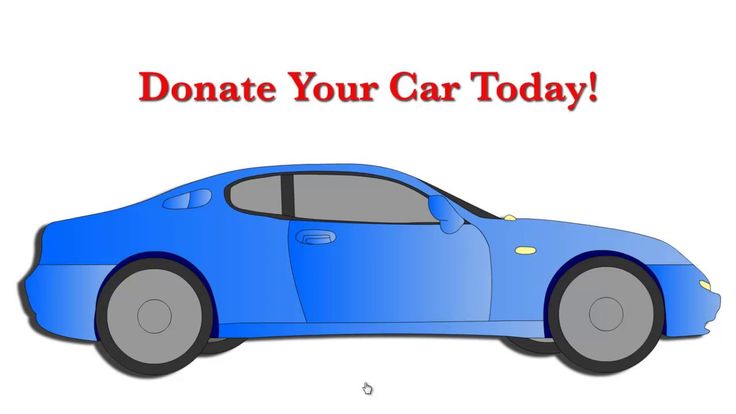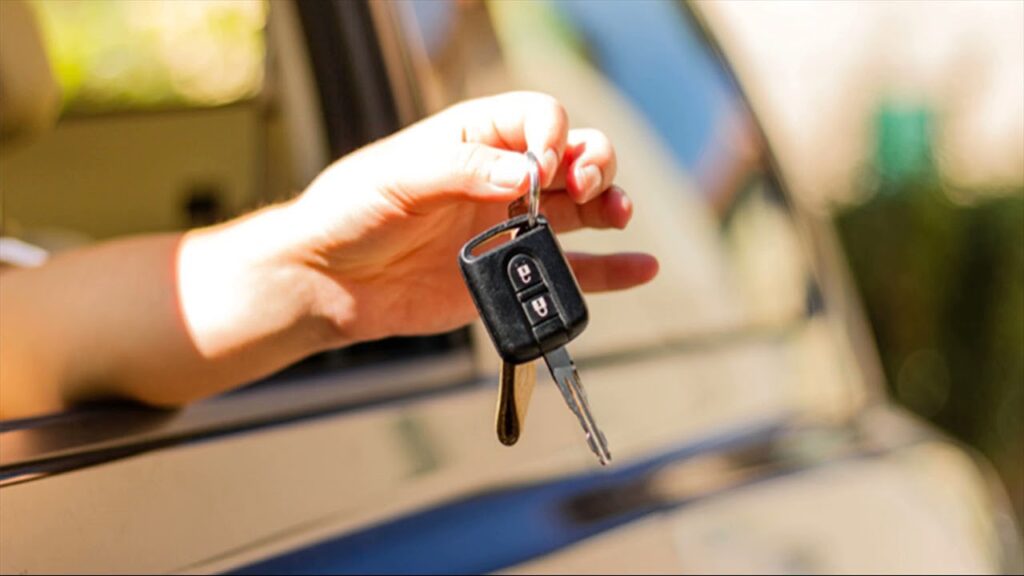Introduction
Donating your car to charity is a meaningful way to support causes you care about while responsibly disposing of an unwanted vehicle. In the UK, numerous organizations facilitate car donations, turning vehicles into valuable contributions for charitable work. This guide provides an in-depth look at the process, benefits, and considerations involved in donating your car to charity.
Understanding Car Donations
What Is a Car Donation?
A car donation involves giving your vehicle to a charitable organization, which then uses the proceeds from its sale, auction, or recycling to fund its programs and initiatives. This process not only supports charitable work but also offers donors a convenient way to dispose of vehicles they no longer need.

Types of Vehicles Accepted
Most car donation programs accept a wide range of vehicles, including:
- Cars (any make, model, or condition)
- Vans
- Motorcycles
- Caravans
- Boats
- Farm and commercial vehicles
- Non-running or damaged vehicles
It’s advisable to check with the specific charity or donation service to confirm the types of vehicles they accept.
Benefits of Donating Your Car
Supporting Charitable Causes
Donating your car directly benefits charitable organizations, providing them with funds to support their missions. Whether it’s aiding the homeless, supporting medical research, or protecting the environment, your donation makes a tangible difference.
Environmental Responsibility
Old or unused vehicles can pose environmental hazards if left to deteriorate. Donating your car ensures it is properly disposed of or recycled, reducing environmental impact.
Convenience
Car donation services often offer free collection, handling all logistics and paperwork, making the process hassle-free for donors.
Potential Tax Benefits
While the UK doesn’t offer direct tax deductions for car donations, donating through schemes like Gift Aid can enhance the value of your contribution. It’s essential to consult with a tax advisor to understand any potential tax implications.
How to Donate Your Car
Step 1: Choose a Charity or Donation Service
Select a reputable charity or car donation service. Ensure the organization is registered and transparent about how proceeds from your vehicle will be used.
Step 2: Provide Vehicle Information
You’ll need to provide details about your vehicle, including:
- Make and model
- Registration number
- Condition
- Location
This information helps the organization determine the best method to process your donation.
Step 3: Arrange Collection
Most services offer free collection of your vehicle at a time convenient for you. They will coordinate the pickup and handle transportation logistics.
Step 4: Complete Necessary Paperwork
Proper documentation is crucial. You’ll need to:
- Transfer ownership of the vehicle
- Notify the DVLA of the transfer
- Obtain a receipt or acknowledgment of your donation
Some services assist with this paperwork to ensure compliance with legal requirements.
Step 5: Vehicle Processing
Depending on its condition, your vehicle may be:
- Sold at auction
- Recycled for parts
- Repaired and resold
The proceeds from this process go to the chosen charity.

Reputable Car Donation Services in the UK
Charity Car
Charity Car partners with CarTakeBack, the UK’s largest car recycling network, to facilitate car donations. They ensure 100% of the vehicle’s scrap value goes to the donor’s chosen charity. The process includes free collection and assistance with necessary paperwork.
Giveacar
Giveacar is a not-for-profit organization that arranges free collection of vehicles across the UK. They sell donated cars at auction or scrap them, with the proceeds going to the donor’s selected charity. Giveacar supports a wide range of charities and provides donors with a receipt for their contribution.
Oxfam
Oxfam offers a car donation program in partnership with Charity Car and Giveacar. Donated vehicles are processed, and the proceeds support Oxfam’s global initiatives aimed at alleviating poverty and injustice.
Tax Considerations
Gift Aid
While direct tax deductions for car donations aren’t standard in the UK, donating through Gift Aid can increase the value of your contribution. Under Gift Aid, charities can claim an extra 25p for every £1 donated, provided the donor is a UK taxpayer.
It’s important to ensure you have paid enough tax to cover the Gift Aid claim. If not, you may be responsible for the difference. Always consult with a tax advisor to understand your obligations and benefits.
Preparing Your Car for Donation
Before donating your vehicle:
- Remove personal belongings: Check all compartments and remove any items.
- Gather necessary documents: Have your V5C registration certificate and any service records ready.
- Inform the DVLA: Notify the DVLA of the transfer to avoid future liabilities.

Common Questions
Can I donate a non-running vehicle?
Yes, most donation services accept non-running or damaged vehicles. They assess the vehicle’s value based on its condition and proceed accordingly.
Is there a cost to donate my car?
Reputable services offer free collection and handle processing at no cost to the donor.
How long does the process take?
The timeline varies but generally, the collection can be arranged within a few days, and the processing is completed shortly after.
Conclusion
Donating your car to charity is a generous act that supports important causes and offers a responsible way to dispose of an unwanted vehicle. By choosing a reputable donation service and understanding the process, you can ensure your contribution makes a meaningful impact.
